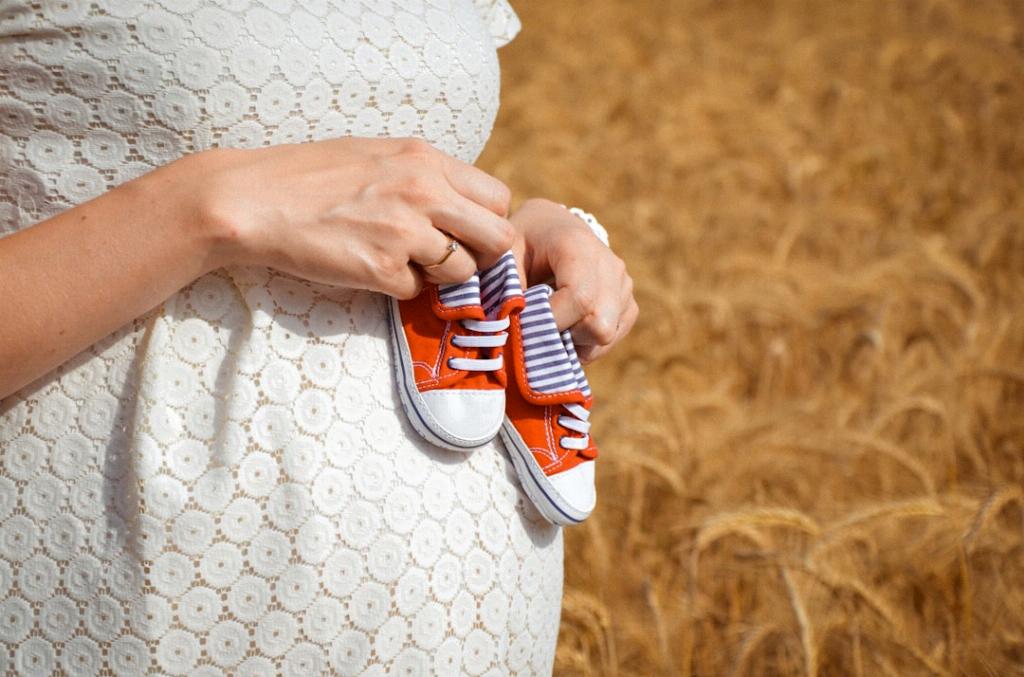Many women notice changes in their appearance during early pregnancy, and one area that often undergoes transformation is the face. These changes can be attributed to various factors, with water retention being a significant contributor. As a woman’s body goes through hormonal shifts and prepares for the growth and development of the baby, it is not uncommon for certain facial features to be altered.
Effects of Water Retention
One of the primary reasons for facial changes in early pregnancy is water retention. This phenomenon, also known as edema, occurs when the body retains excess fluids. As a result, the face may appear puffier, and the definition of the cheekbones may diminish. This can give the cheeks a fuller and more rounded appearance, which some women may find surprising.
Impact of Hormonal Changes
Hormonal fluctuations play a crucial role in pregnancy and can also influence facial changes. The surge in hormones like estrogen and progesterone can lead to increased blood flow and circulation, which may contribute to a more radiant and glowing complexion. However, these hormonal shifts can also trigger skin concerns such as acne or hyperpigmentation, further altering the overall appearance of the face.
Skin Changes
Aside from water retention and hormonal influences, pregnant women may also experience changes in their skin texture and tone. Some women report having a more dewy and supple complexion, while others may struggle with dryness or sensitivity. These skin changes can impact how the face looks and feels, adding to the overall transformation that many expectant mothers go through.
Emotional Impact
It’s important to recognize that the physical changes in the face during early pregnancy can also have emotional implications. While some women may embrace these changes as a natural part of the pregnancy journey, others may feel self-conscious or uncertain about their evolving appearance. It’s essential for expectant mothers to prioritize self-care and mental well-being during this transformative time.
Self-Care Practices
Engaging in self-care practices can help women feel more comfortable and confident as their face changes in early pregnancy. Maintaining a consistent skincare routine, staying hydrated, eating a balanced diet, and getting adequate rest are all crucial aspects of supporting overall well-being. Additionally, seeking support from healthcare providers, loved ones, or online communities can offer reassurance and guidance.
Maternal Bonding
While the physical changes in the face during early pregnancy may be noticeable, it’s essential to remember that these transformations are a testament to the remarkable process of creating new life. As a woman’s body adapts to accommodate the growing baby, the changes in her appearance serve as a tangible reminder of the maternal bond that is forming. Embracing these changes can foster a deeper connection with the pregnancy journey.
Consulting Healthcare Providers
If women have concerns about the facial changes they are experiencing during early pregnancy, it is advisable to consult healthcare providers for guidance and reassurance. Medical professionals can offer personalized advice, address any underlying issues, and provide support tailored to individual needs. Open communication and proactive healthcare management are integral aspects of navigating the transformations that come with pregnancy.
Body Image and Confidence
Body image and confidence are significant factors that can be influenced by the facial changes observed during early pregnancy. It’s essential for women to practice self-love and acceptance as their bodies evolve to support the growth and development of their child. Focusing on the miraculous journey of pregnancy and celebrating the changes can help expectant mothers feel empowered and reassured throughout this transformative period.
Postpartum Considerations
While the facial changes in early pregnancy are temporary and typically resolve after childbirth, it’s important for women to be mindful of postpartum adjustments. The body undergoes further transformations as it transitions from pregnancy to the postpartum period, and women may experience fluctuations in their appearance and skin condition. Practicing self-compassion and seeking support are valuable strategies for navigating these changes.
Final Thoughts
In conclusion, facial changes in early pregnancy are a common occurrence that can be attributed to factors such as water retention, hormonal fluctuations, and skin changes. These transformations are part of the remarkable journey of pregnancy and symbolize the body’s incredible ability to nurture and support new life. By prioritizing self-care, seeking support, and embracing the evolving appearance, women can navigate these changes with grace and confidence, recognizing the beauty of the maternal journey.

